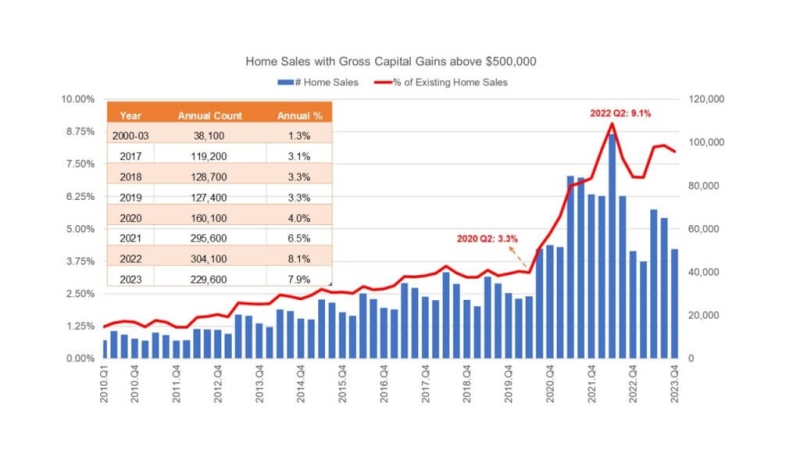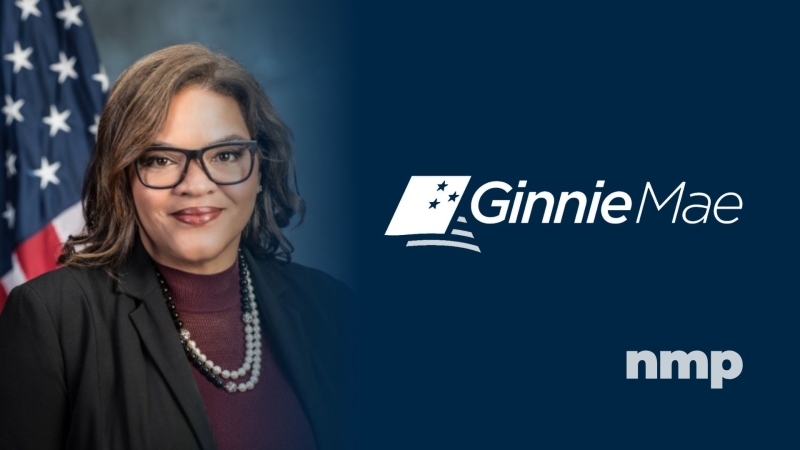Mortgage Marketing Compliance: Are You Exposed?

Modern compliance regulations have changed the complexion of the mortgage industry in its entirety. From the ways in which we can lend to the ways in which we can market, government oversight has added a uniquely challenging component to how we conduct every aspect of the business.
The implications in regards to relationship marketing can be frustrating. Common practices that resulted in strong, personal connections are no longer permissible, thanks to the relatively small category of lenders who took advantage of consumers and practiced their profession without regard to ethics. The level to which compliance oversight is necessary is subjectively arguable, however, the fact that we must comply is anything but arguable.
Some companies have decided to significantly curtail their marketing efforts in traditional and non-traditional marketing areas because they’re afraid of the potential fines. This is simply unacceptable in my view. We owe it to our customers, our stockholders, and our employees to market our company to as many people as we can. We cannot let regulations scare us into submission; we have customers who are counting on us to stay in contact with them, keep them apprised of their options, and be a partner in their financial success. We have employees who count on our business success to support their goals. Burying our heads in the sand by avoiding a discussion on mortgage advertising or perhaps, worse yet, proactively checking out of marketing activities is giving up and giving in; the mortgage industry is better than that.
The first step to getting a handle on your marketing activities is to understand the challenges in front of you.
What are my responsibilities?
Is it the originator’s responsibility to understand the legal implications of mortgage marketing? To a degree, yes. There needs to be a basic understanding of what they can and cannot do. Ultimately though, it is the responsibility of corporate management to provide the checks and balances because after all, it is the corporate reputation and bank account that will suffer should the originator fall out of marketing compliance.
Originators need the security of an organization that has invested carefully in processes, policy, and technology that work together to facilitate their success. They need to be escorted through a system they can trust without reservation. You too need to be able to trust that those processes, policies, and technologies you have provided, protect you from litigation and punitive action.
Having a legal team or at least a compliance officer is no longer a luxury, it’s necessary. For small businesses who can’t afford a legal team, there are a myriad of resources available to handle the day to day management of marketing compliance. The importance of this cannot be minimized.
Am I exposed?
I took some time to talk to a lawyer who focuses on the mortgage banking compliance arena. Fed Kamensky of Weiner Brodsky Kider PC was kind enough to take the time to chat with me about compliance from his standpoint. Weiner Brodsky Kider PC conducts “mock” audits for its clients and follows the same protocol set by the CFPB. Among the many things I took away from this meeting, this one stood out starkly:
Having a published marketing policy and procedure is of utmost importance. A third party audit such as the service Weiner Brodsky Kider PC provides to conduct a mock audit is extremely valuable; not only will this validate your policies but it will also help you prepare for future audits and help assure that your policies and procedures are fully vetted. Fed mentioned that auditors are looking to see that in the balance between compliance and marketing, the decisions that are being made weigh the compliance aspect more heavily than the sales aspects.
A strong commitment to the policies and procedures through a regular training scheduled and systems in place to manage the marketing activities of your loan officer may not eliminate the risks that exist but they could mean the difference between a warning and a fine. For example, if your policy states that no ad-hoc marketing is permissible, there must be follow up. Scrub the internet for such marketing and then holding employees accountable for going off the reservation. Something seemingly as simple as a loan originator in New York marketing as a “Mortgage Banker” when he or she is really a “Mortgage Loan Originator,” can result in fines. If your policy does not include a limitation on loan officers creating their own websites and you’re not checking several pages deep on a Google search, then your loan officer has unwittingly put you at risk for fines. What else might we be missing that would put us at risk?
Social media as an outlet for marketing is a growing concern in the industry. The accessibility and prolific use make it a natural direction for marketers to take. There’s a huge problem, though. There are some pretty stringent mortgage marketing rules associated with social media outlets. Due to the restrictive regulations, many companies take a “No Social Media Marketing” stance. According to Alice Alvey of Mortgage-u.com, a veteran in the mortgage and compliance industries, there is a real danger in cutting social media marketing out of your strategy. Her apt observation is that Millennials are the current demographic for first-time homebuyers and one of the best ways to reach this demographic is through social media. The danger in disallowing that kind of marketing is that you may be robbing yourself of hundreds of valuable marketing touches. Imagine a sales and marketing strategy that says, “We’re not going to target one of the largest, most important buyer segments we have because we’re afraid we won’t do it correctly.”
Alice also emphasized the importance of having a plan, procedures, and policies in place. Taking the time to train originators on company policy and then holding them accountable may take up more of your resources at first, but what it will pay due to compliant social media marketing will far outshine the upfront investment of resources.
Do you have a comprehensive marketing policy in place? Do you have a well-defined process to handle marketing from conceptualization and brand continuity all the way through to delivery? Does that process include a strong compliance assessment? Do you know exactly what your loan officers are doing in their marketing efforts? Have you implemented technology to automate the aforementioned steps? If you’ve answered “no” to any of those questions, you are exposed.
The good news is that we, as humans, adapt and overcome. Forward-thinking visionaries are creating a technological revolution that gives us hope. Companies are investing in proprietary or outside software that fully automate the marketing process while keeping their company compliant and even increasing their capacity to distribute valuable relationship marketing material. The organizations that make this investment are experiencing unequalled success despite the limitations of compliance regulations.
The companies who are unwilling to invest in a marketing platform are literally walking through a compliance mine field. They might be lucky and navigate the field unharmed, but the risk of losing limb -or even life, is extremely high. If you’re leaving it up to your originator to design, copywrite, and market compliantly without proper checks and balances, you are jeopardizing your brand and creating an exceptionally dangerous legal environment. Not only that, you are not maximizing their ability to grow your business by concentrating on what they do best: Selling mortgages.
What should I do to protect my organization?
Develop written policy, implement a system, and then make it mandatory.
If you’re in the market for such a system, here are some great questions to ask when contrasting and comparing options:
►Does the system integrate with your LOS, lead management, LO Web sites and other data management solutions to automate the transfer of contacts?
►Does the system integrate with your LOS at the loan officer level so there are single data entry points for NMLS, title, address, name, licensing, etc.
►Does it accommodate compliance review and piece-by-piece approval prior to fulfillment?
►Are you able to control the marketing campaigns at the corporate level?
►Does it offer a way for auditors to access your entire organization’s marketing history?
►Are you able to manage branches and brands from a central location?
►Is it easy to use? If your system isn’t easy to use your loan officers are more apt to do their own thing and put you at risk.
Start with those questions before you get into the rest of the marketing features of the system. Not every system is right for all organizations but whatever you choose has to at least handle the basic requirements.
If you haven’t implemented one of these systems, can you imagine how much more secure your company will be with the appropriate checks and balances in place—not to mention the ease of creating and implementing a robust marketing strategy?

Brent Emler is director of sales and marketing at Velma.com, a customizable marketing software provider exclusive to the mortgage industry. He may be reached by e-mail at [email protected].




